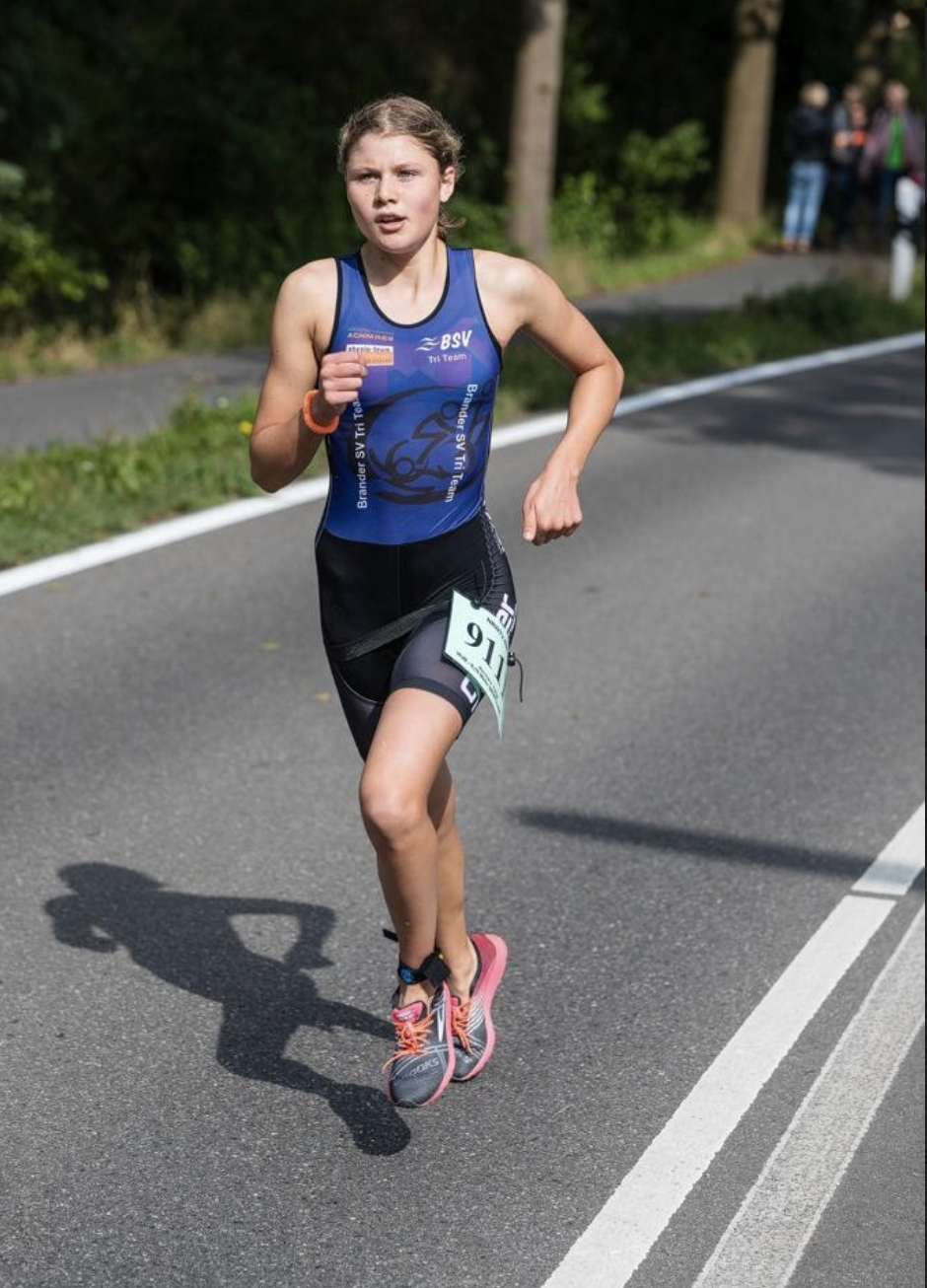“We will all remember 2020 for all the difficulties and changes that the pandemic has caused to our daily routine.The youngs have been particularly affected with the closure of schools in many countries and the limitations to exercise as they were used before. Closed swimming pools, gyms, limitation in cycling, running…. For our European young triathletes it has been a real challenge to keep motivated and focused on our Sport. The last bad news has been the cancellation of the Youth Festival 2020 not giving the possibility, not only to our young Athletes but to all the stakeholders connected to this European event, to meet and exchange ideas and experiences. But…..We Are Different ! We have seen on social media, during the darkest period of the pandemic in Europe around spring, great images of our Athletes training in the most strange ways, at home, in their garage….in order to keep in good shape and ready for competition. Thanks to the commitment of many European Coaches deeply involved in the development of young Athletes, we have created the first ETU ‘Next Generation Challenge’. The success has been over the expectations in terms of participation. 2020 is the first Edition and our commitment is that it will be the first of many to come in the next few years. Congratulations to you all, young Athletes, Coaches, Federations, Clubs, parents and….keep focused no matter what, ETU is behind you!” This is a quote from Renato Bertrandi the ETU president who outlined the challenge and the difficult times faced by athletes, but more importantly also how they overcame these challenges.
The Next Generation Challenge was an initiative set up by coaches in Europe and supported by the ETU. With 2020 being a year where international racing was almost impossible the challenge provided a short-term goal to help with motivation. Below Rick Velati outlines the importance of supporting athletes as youth and junior athletes face different challenges in this part of their development, therefore interactive challenges give them the opportunity to move towards common goals. “It has been a real pleasure to work with ETU and many colleagues across Europe over the past 7 months on this initiative. I want to say thank you to everybody who has taken part and also to all the coaches who have given a lot of time to the Zoom calls and subsequent work. Obviously everyone has been severely compromised on what training they can do or indeed have wanted to do. The coaching work of youth and junior athletes has different challenges to working with seniors and we wanted to come together to share the issues of this age group so we could act to support them in our countries knowing everyone faced similar challenges. All our respective coaching teams have had to support athletes and we wanted to try to put some interactive things in place to give them the opportunity to work towards some common goals in the absence of key competitions this year. Fundamentally we think it is imperative for young athletes to have goals and some clear performance awareness and targets. That’s why the challenge is very simple. The NGC initiative is for the athletes and also for all ETU federations so hopefully keeps an awareness of the depth of youth and junior triathletes across Europe as well as the quality of athlete our sport attracts. I think whilst racing is obviously what every athlete loves to do and championship racing in particular, this challenge also seeks to recognise some of the process and stepping stone standards to be hit along the way…” Zeljko Bijuk also in the working group for the Next Generation Challenge shares a similar view on this “I believe that Next generation challenge is a great opportunity for all our young athletes to somehow compete internationally and for NFs a great tool to identify weaknesses and continue investing to develop and reach certain standards to be competitive when the real racing will start again. Those results should be motivational for athletes and coaches to continue hard work but we need to emphasize that there are 3 more huge factors in our sport and they are T1, cycling T2 which are so often decisive and it’s important not to exclude athletes which haven’t reached high scores in this challenge because among them there might be hidden potentially a great future champion.”
A recap of the top three from each age group are listed below with links to the full results for each year of birth eligible for the challenge. The first athlete per category will be awarded a cycling jersey. This will be accompanied by gold, silver and broze certificates. To achieve a gold standard certificate, an athlete born in 2001, 2002 need to achieve more than 175 points, and athletes born in 2003, 2004, 2005 need more than 160 points. To achieve a silver standard certificate an athlete born in 2001, 2002 need more than 160 points while athletes born in 2003, 2004, 2005 need more than 150 Points. Lastly, the bronze standard certificate is awarded to athletes born in 2001, 2002 who achieve more than 150 points and athletes born in 2003, 2004, 2005 who achieve more than 140 points.
Year of Birth 2001
Female
1 Eva Daniels
2 Anastacia Damm
3 Erika Maculan
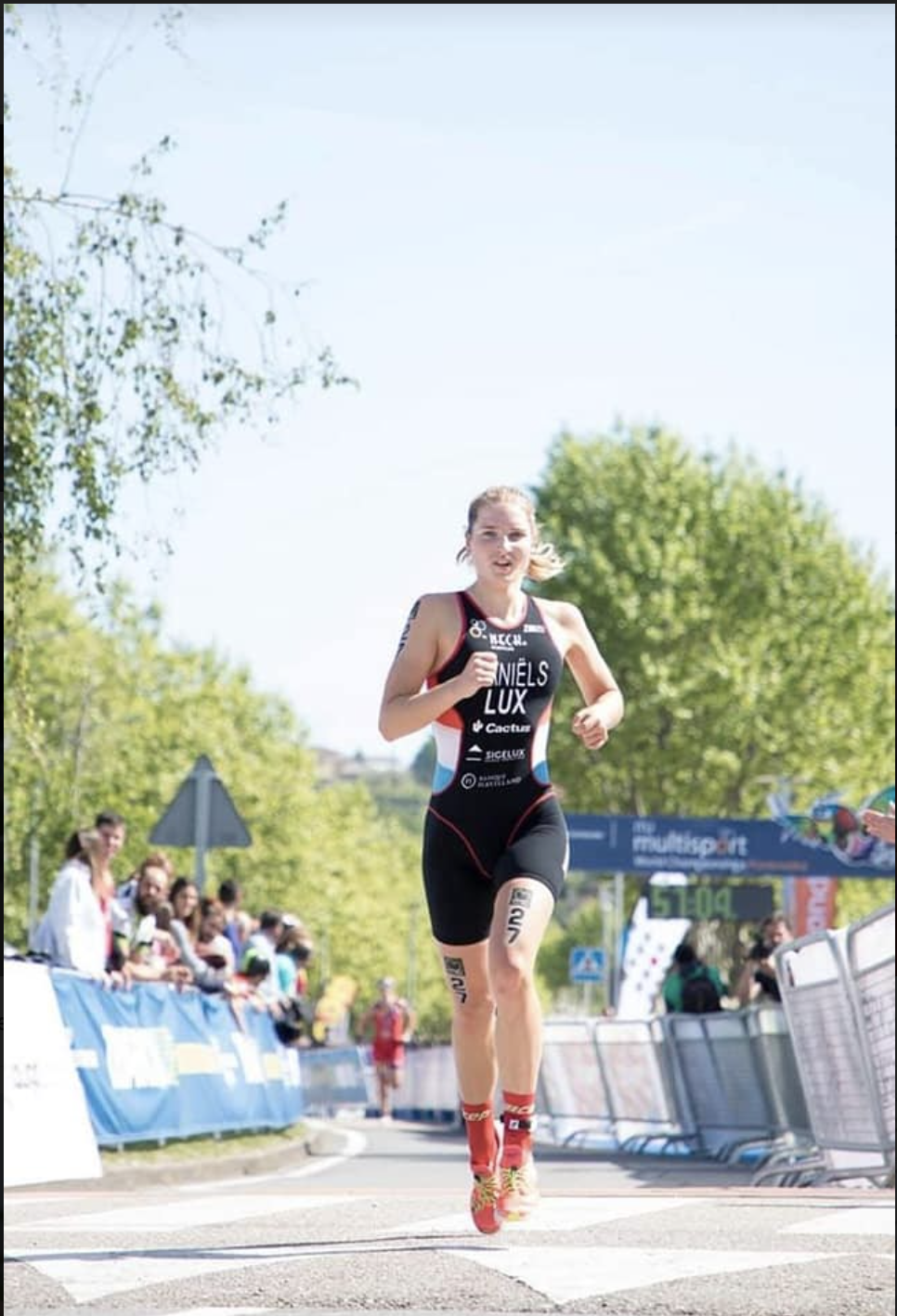
Male
1 Tommaso Paoletti
2 Lorenzo De Gregorio
3 Alessandro De Angelis
Full Results can be found here
Year of Birth 2002
Female
1 Daisy Davies
2 Hannah Brayer
3 Sarah Hämmerle
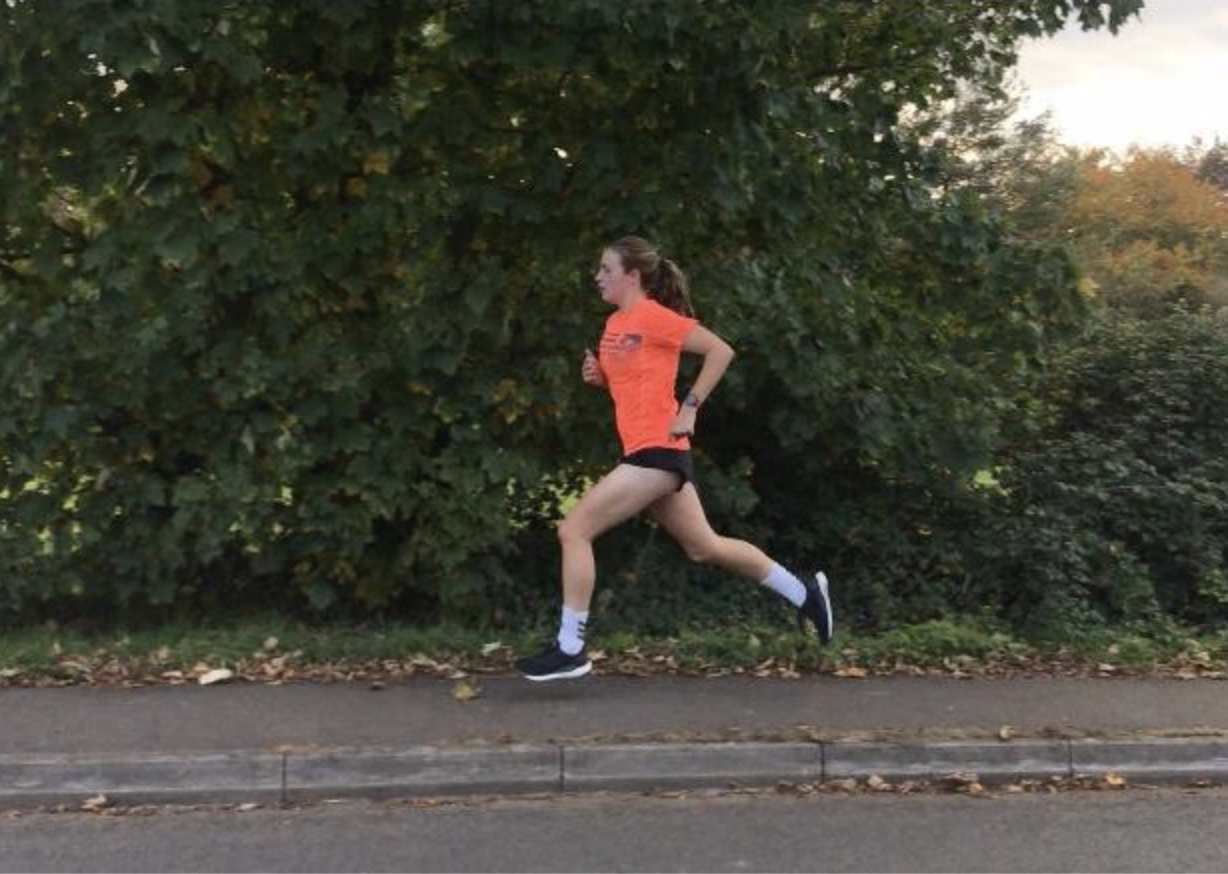
Male
1 Jan Bader
2 Luke Van Oudtshoorn
3 Xavi Salcedo
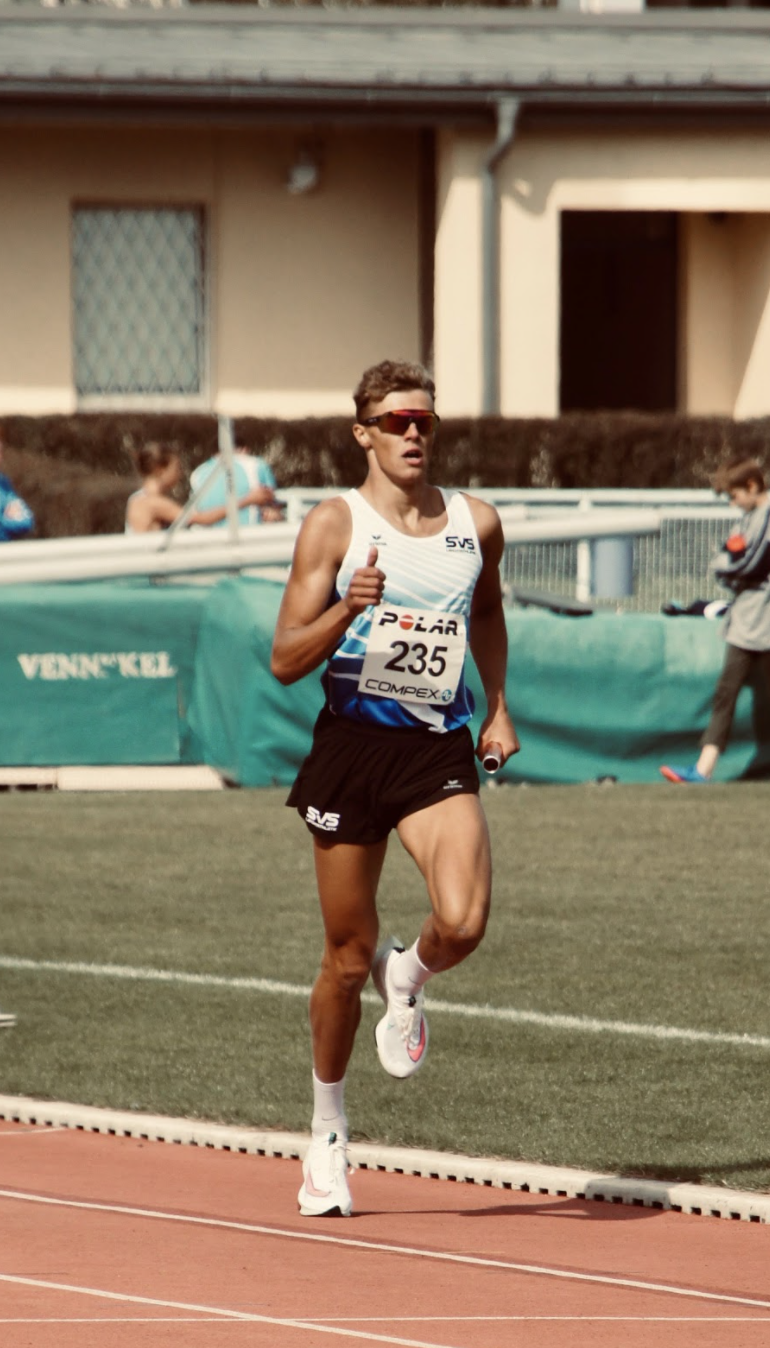
Full Results can be found here
Year of Birth 2003
Female
1 Nele Dequae
2 Clara Carlquist
3 Rhune Vansteenkiste
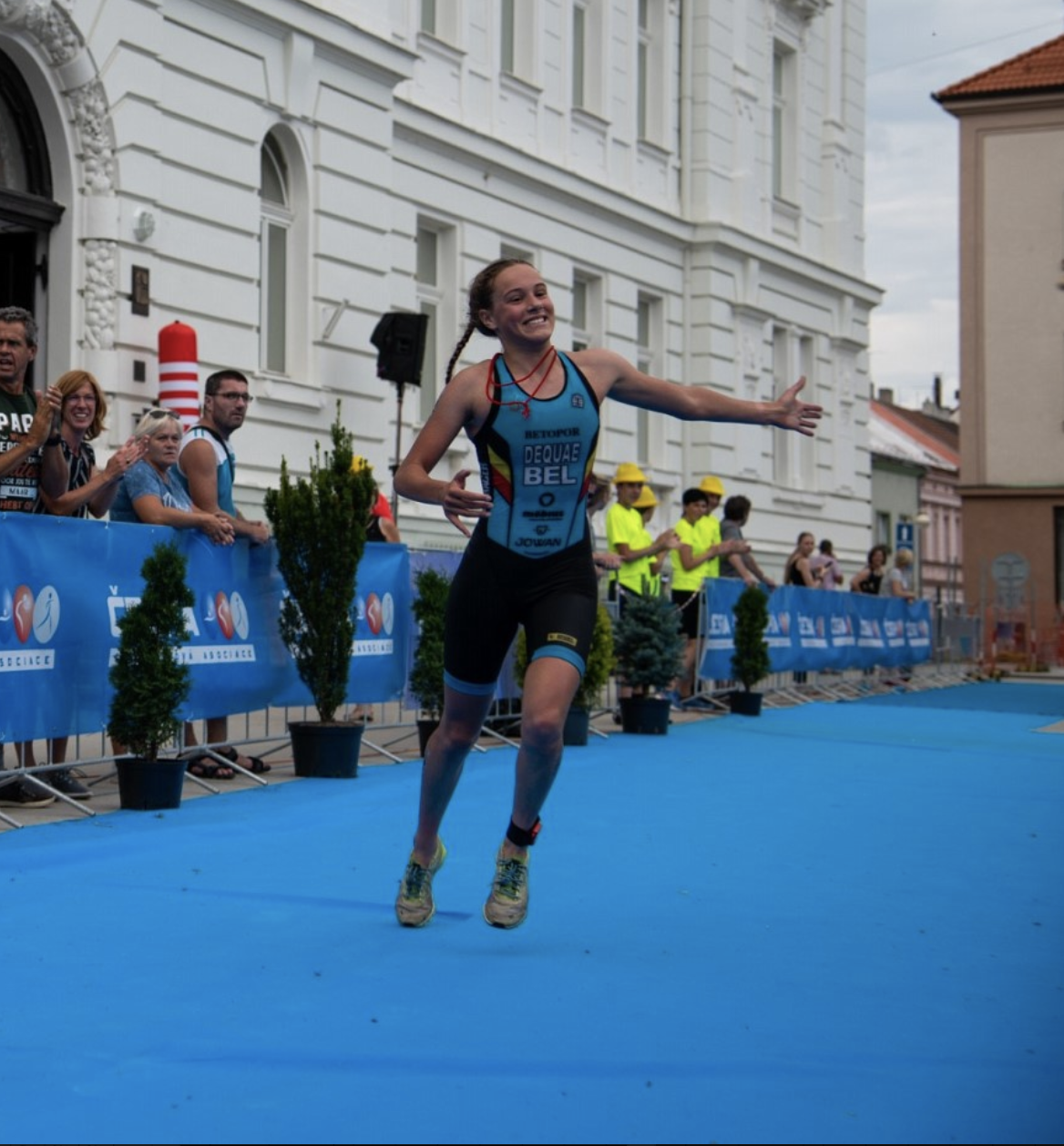
Male
1 Lukas Bentsen
2 Ethan Bennett
3 Doron Shaul Kaspi
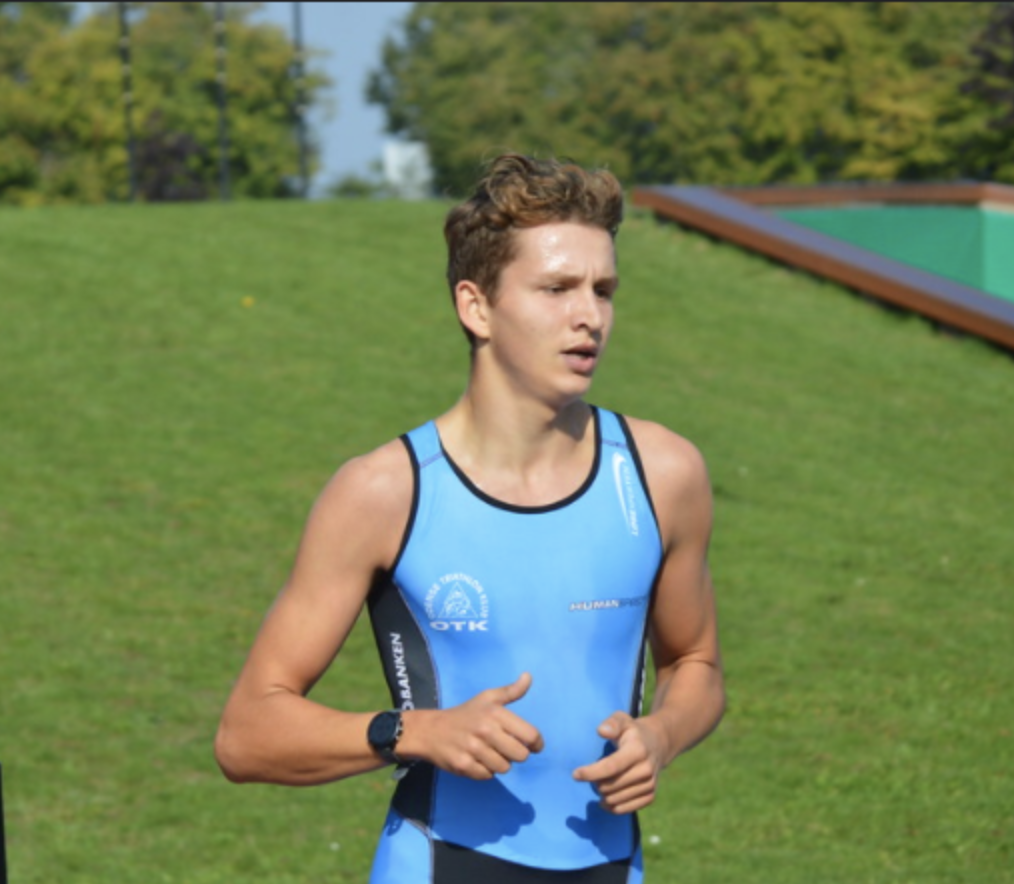
Full Results can be found here
Year of Birth 2004
Female
1 Filipa Hermann
2 Kaijsa Grønberg Christensen
3 Issy Hayes
Male
1 Miguel Espuna-Larramona
2 Pietro Giovannini
3 Euan De Nigro
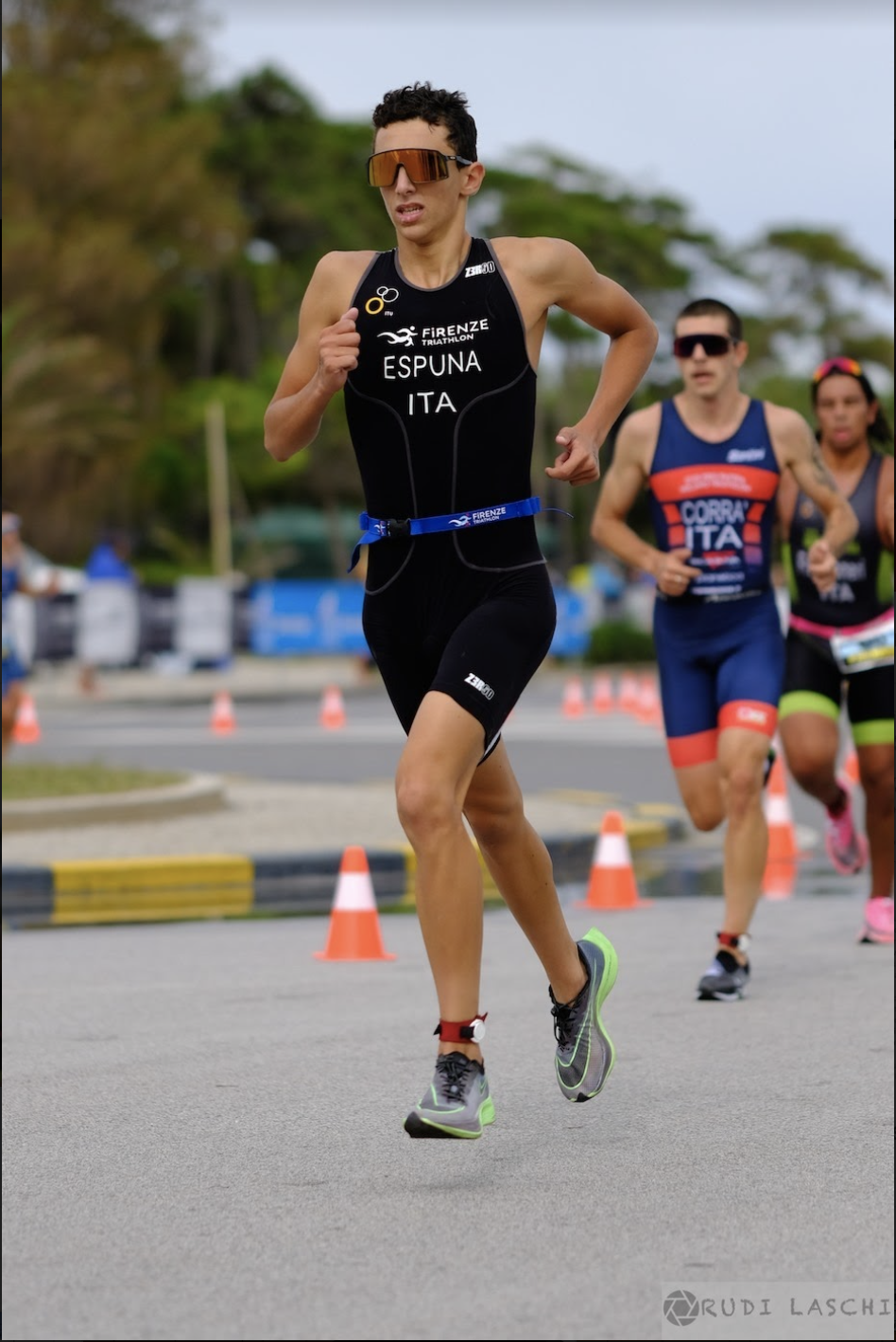
Full Results can be found here
Miguel Espuna-Larramona told us that in his “ opinion, the Time Trials were very useful in this particularly difficult moment where we did not have the opportunity to race, this therefore became the only way we could compare ourselves with our fellow athletes of the same category. The lockdown period was pretty hard. The only training possiblities were indoor, we had alot of restrictions which meant no swimming and no racing. This lead to moments of indecision and question whether this type of training was beneficial. Now that we are able to return racing, I’ve been able to see for myself that in fact, it was all worth it and I could reap the benefits. What I have learnt from this period is training is always useful no matter in what form and if you train well, sooner or later, it pays off.”
Year of Birth 2005
Female
1 Tabea Huys
2 Sara Crociani
3 Emma Fahrenson
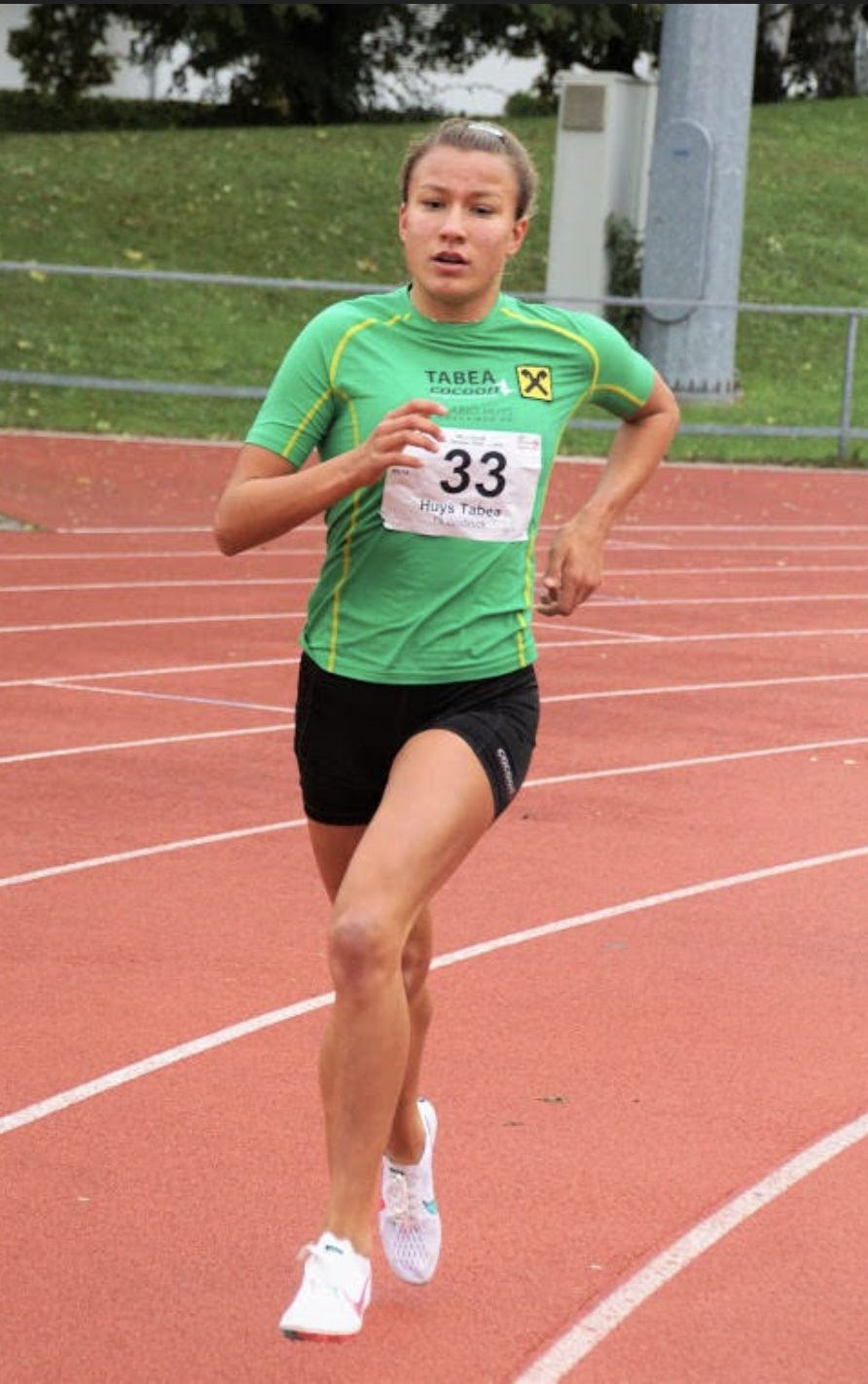
Male
1 Anatoli Bukavets
2 Harry Courtney
3 Zak Clemens
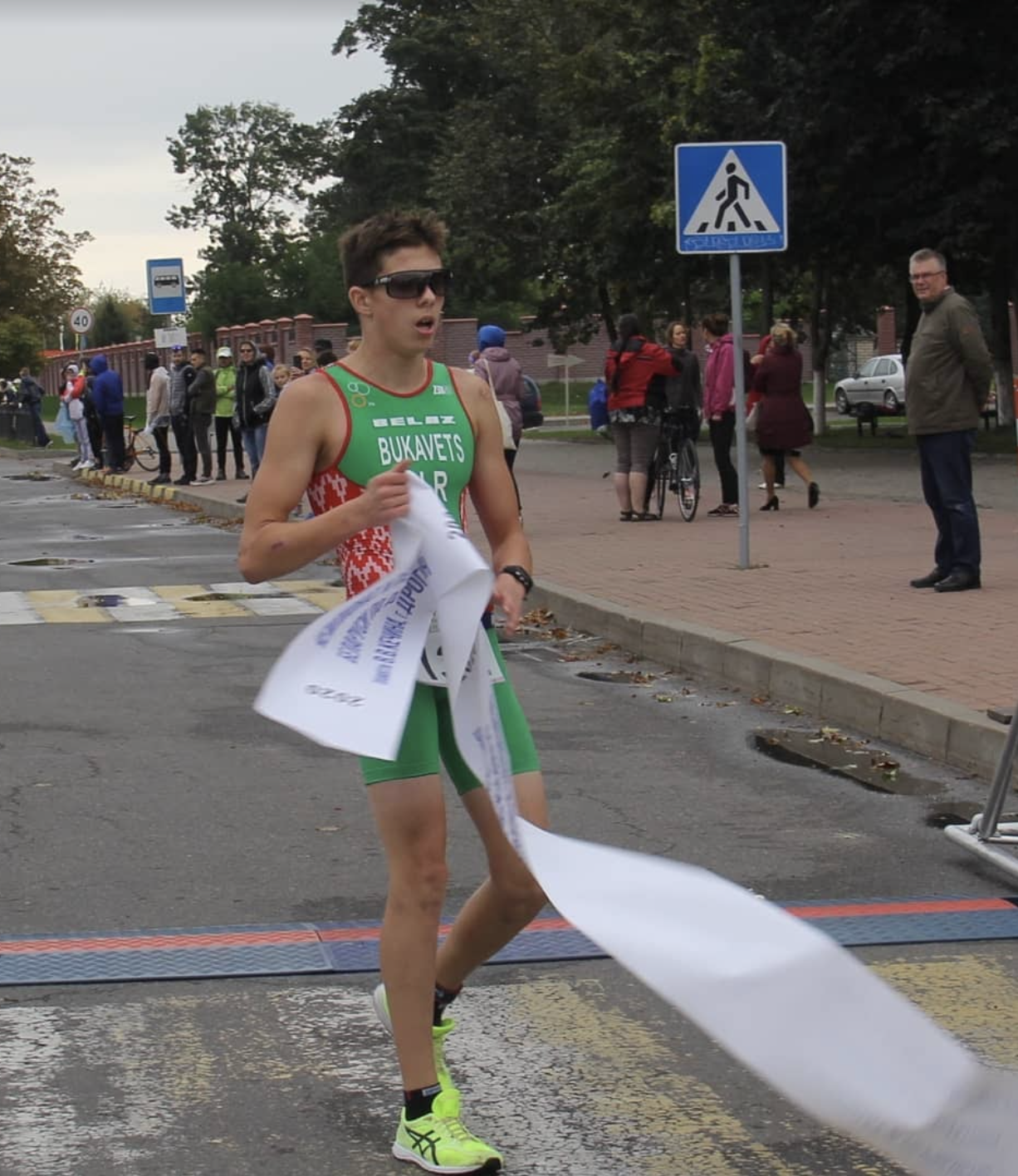
Full Results can be found here
The European Countries also responded positively to the challenge. Alessandro Bottoni the Italian coach who was also involved in this project from the start said that Italy welcomed this opportunity. “In Italy the project has been embraced enthusiastically, we have seen commitment from our young athletes and they follow with attention the ranking results, which for us is very important. This has given a target to focus on, both for athletes and coaches: to continue with their training as athletes whilst remaining in contact with the triathlon community and fellow training friends, helping each others to keep going and looking forward. This is an incredible message for all of us as. The project has contributed to strengthen the ‘proud to be Italian’ belief and to transmit encouragement in not giving up.
The emergency has also offered the opportunity to unite a group of coaches within the ETU on a specific project for young athletes, demonstrating that a collaboration between nations is not just possible but offers great opportunities and benefits for all concerned. This initiative goes further than providing a clear focus for our athletes in this time of emergency and uncertainty, it is a project that offers the availability of benchmarks for young athletes from all European countries under common conditions and gives over the years important information to form development programmes. Few Sports can boast a platform as this with common European reference parameters.” Turkey, is an example of another country that embraced the challenge. “2 years ago we started a procedure called performance tests. It was a swimming and running test for all ages, depending on their own distances. We were using a point scale to rank them. Our primary aim was to spread triathlon all over Turkey. And secondarily by using these results and combining them with normal competition results we were choosing national team or groups of young athletes to make camps and prepare them for future. After this pandemic like every country life has paused. By the help of Next Generation Project we started again! We redesign our performance test, combine it with Next Generation Project and make this test in 16 different cities with more than 500 athletes. When the name of ETU is in, it became more exciting! We are grateful to European Triathlon for putting such a great effort in this pandemic situation. We look forward for other projects to keep us, Turkish Triathlon alive.”
The Next Generation Challenge came to a great end with exciting results and many participants. The ETU would like to thank all involved and we look forward to the next challenge. The current plan is to repeat this series, but the details are yet to be developed.

